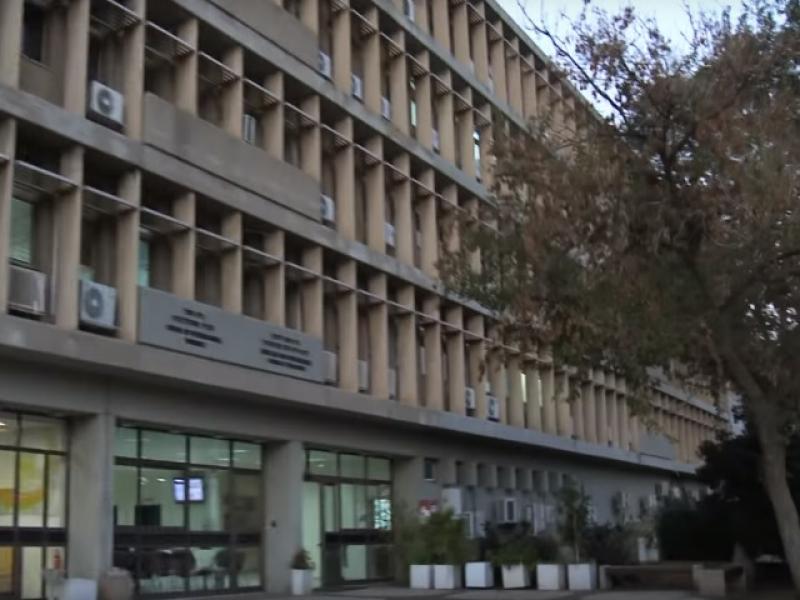
On Sunday, the academic year begins in Israel, but it is accompanied by disruptions. The junior staff is taking sanctions and there are about 5,000 lecturers who will not work. They intend to strike indefinitely. At the center of the struggle is the demand to establish employment security for workers, and among other things, to receive early warning regarding their continued employment in the next school year. Additional demands were raised: raising the wages of second-degree practitioners, comparing the salary terms of teaching assistants from the university's doctoral students and doctoral students to their counterparts at other universities, and matching the scope of the hours to the working hours.
in practice. The junior academic staff at Tel Aviv University and Ben-Gurion will suspend the work and disrupt most of the curriculum.
"For four months the university refuses to meet with us, and they are trying to pressure us to sign a very problematic agreement signed at Bar-Ilan University and at the Hebrew University, which was formed behind our backs," says the junior faculty in Tel Aviv, which represents 5,000 lecturers and practitioners. He claims. "The agreement is in violation of the labor laws, including the failure to pay for sick leave, but an accident, a security situation, and so on."
The university administration claims that "this is an unnecessary and unjustified strike" that breaks out despite the great progress achieved in the negotiations.
The junior academic staff at Ben-Gurion University of the Negev announced that 2,500 of its employees, who constitute 75% of the academic staff, will remain silent until further notice. This is in protest of the conditions of their employment and the management's continued refusal to offer real improvements.
The junior staff at eight budgeted public colleges intends to shut down school from Sunday 21st October for a week. Sapir, Kinneret, Ruppin Academic Center, Kibbutzim College, Holon Institute of Technology, Achva, Ashkelon and Tel Hai. For the Ruppin, Holon, Kinneret, Achva and Sapir colleges, this is the beginning of the actual school year.
The announcement of the strike came after negotiations between the representatives of the Forum, the coordinator of junior staff at the public colleges, the Ministry of Finance, and the Chairman of the Committee of Heads of Public Colleges, ended without results. Between the GSC and the coordinating forum, negotiations have been underway for a year without significant progress.
The coordinating forum requires a comparison of conditions between faculty members and university teaching staff, with wage gaps of about 40%. "Instead of moving forward in negotiations and correcting injustices of years, the treasury chooses to present faculty members in colleges as interested in getting more for less work," said Sagi Maayan, a member of the forum and a lecturer at Sapir College.
The junior faculty members of the public colleges are the main teaching force in them and constitute 70% of the academic staff in the 22 public colleges where 70,000 students study. Despite their importance, the faculty members are fired every semester and do not receive salaries for almost four months a year.
Articles Archive
Top Categories
ABOUT IFI TODAY

Lorem ipsum dolor sit amet, consectetur adipisicing elit, sed do eiusmod tempor incididunt ut labore et dolore magna aliqua. Ut enim ad minim veniam, quis nostrud exercitation ullamco laboris nisi ut aliquip ex ea commodo consequat. Duis aute irure dolor in reprehenderit in voluptate velit esse cillum


Comments